Where is my phone: the robotic solution to your search problems
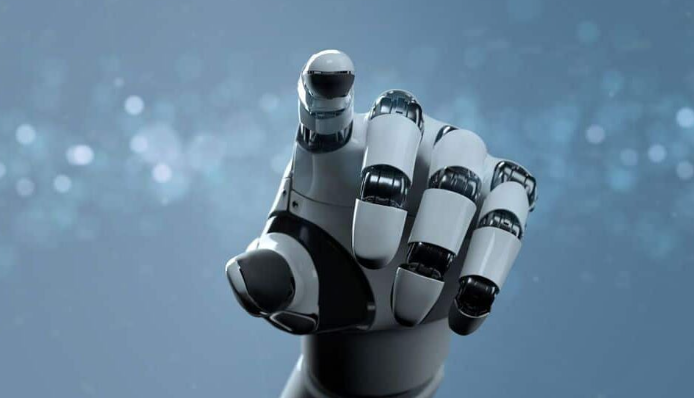
Hello friends! I have exciting news to share with you; Some engineers at the University of Waterloo have found an amazing way to teach robots to search for our lost things. Yes, you heard right! Now robots can be our allies in the search for medicines, glasses, phones and other objects that always seem to mysteriously disappear.
This discovery has an initial focus on helping people with dementia, but guess what? In the future, anyone will be able to take advantage of this brilliant technology when they miss something important! Imagine this: you have a robot companion by your side, one that has been programmed with its own memory and not only that, but also gives you independence! Dr. Ali Ayub, a computer and electrical engineering genius, is very excited about the impact this can have in the long run, honestly I really don’t blame him, it sounds great.
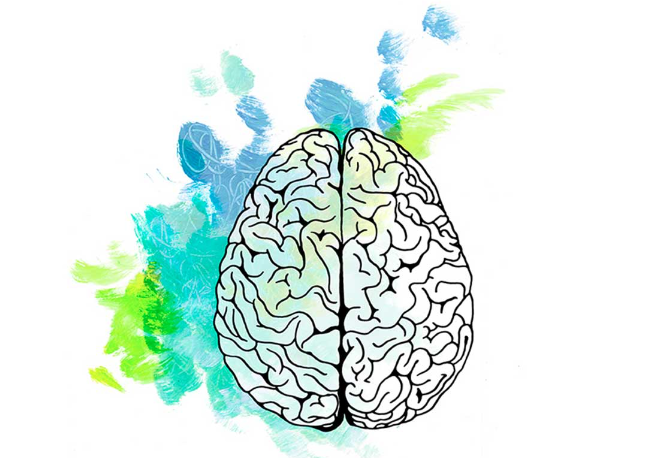
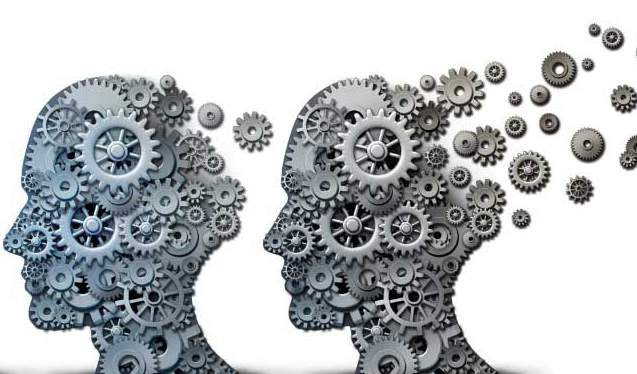
The engineering team realized that more and more people are facing dementia, a condition that affects our brain function and makes us feel confused, forgetful and disabled. Many times, we constantly forget where we put things, which not only affects our quality of life, but also those who care for us. The idea was clear: a companion robot with its own memory could be a real revolution in this kind of situation, so what did they do? They used artificial intelligence to create an entirely new artificial memory.
It all started with a robot named Fetch, who has a camera to see the world around him; Engineers, using a special algorithm, taught the robot to detect, track, and remember specific objects through its camera. The robot can distinguish between one object and another, and records the time and date when objects appear or disappear in front of it, but that’s not all. The researchers also created a user-friendly interface so that we, the users, can choose which objects we want the robot to track. We can enter the names of the objects in a phone application or on the computer, and voila! The robot will tell us when and where it last saw that particular object. It’s like having a personal robotic detective at our service!
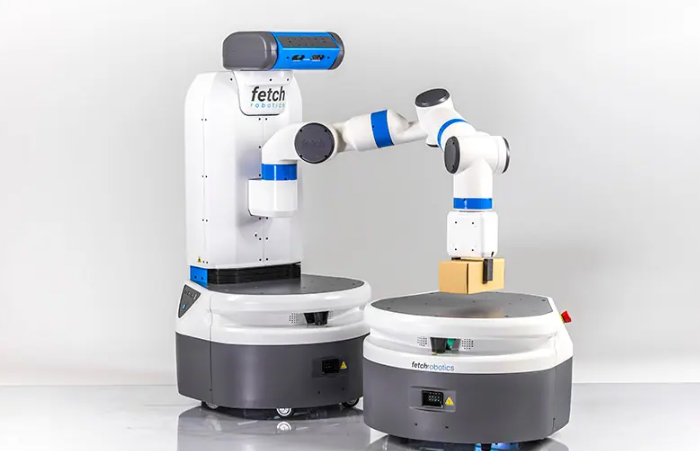
Tests have shown this system to be incredibly accurate and although some people with dementia may find it a bit overwhelming, carers can use it without issue. In the future, the researchers will carry out studies with people who do not have disabilities and then with people who have dementia. Let’s hope this helps many more people to find the things they have lost and to live a more independent life!
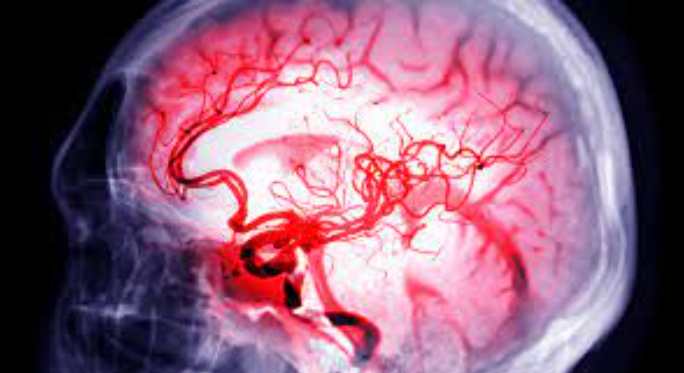
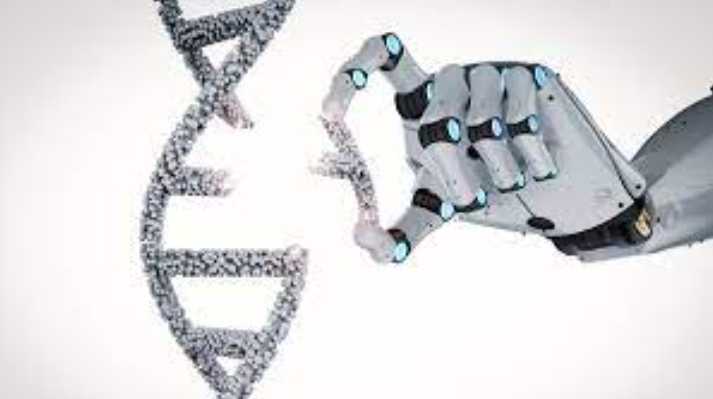
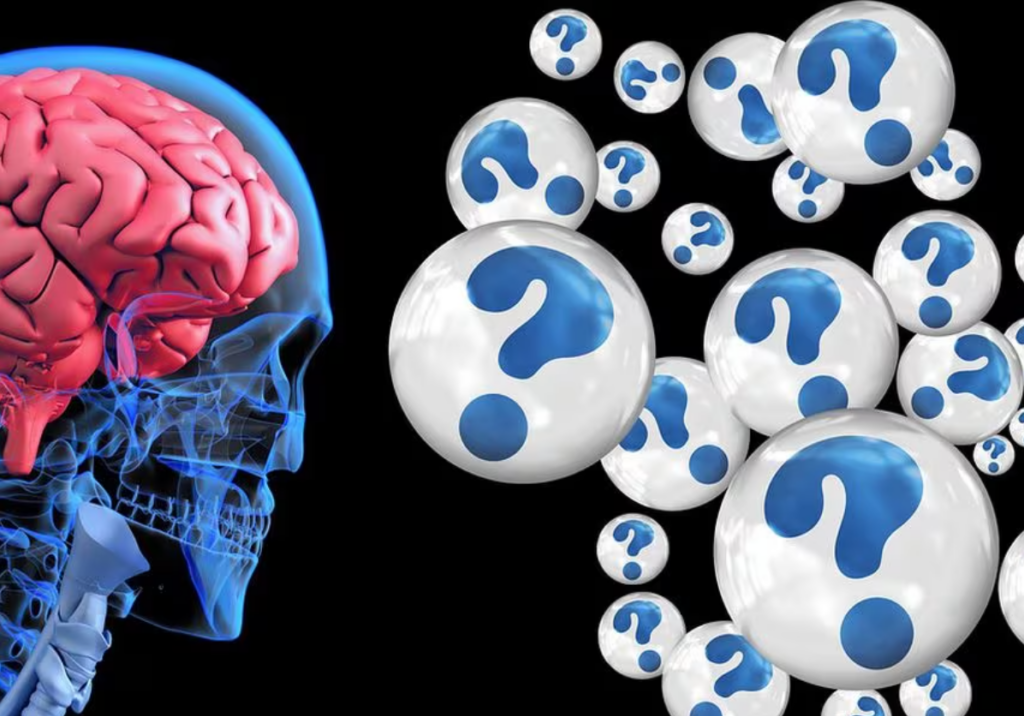
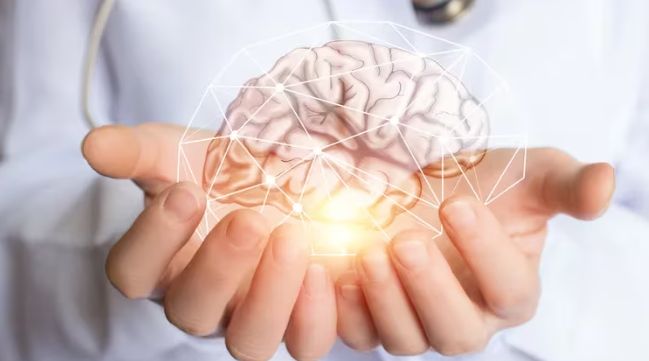
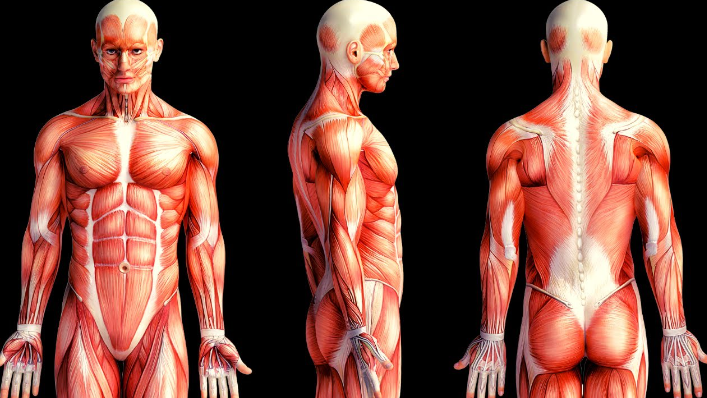
Responses